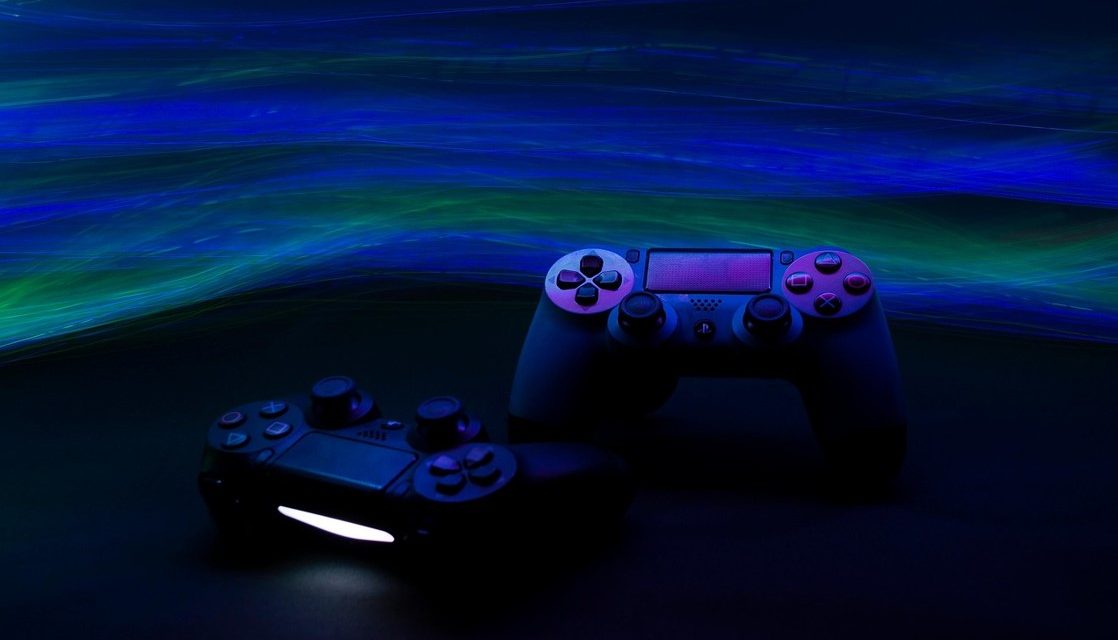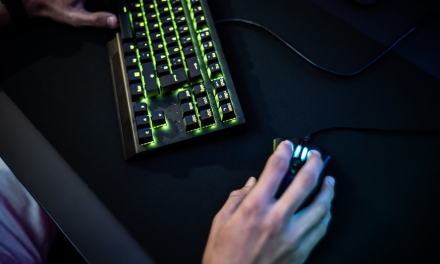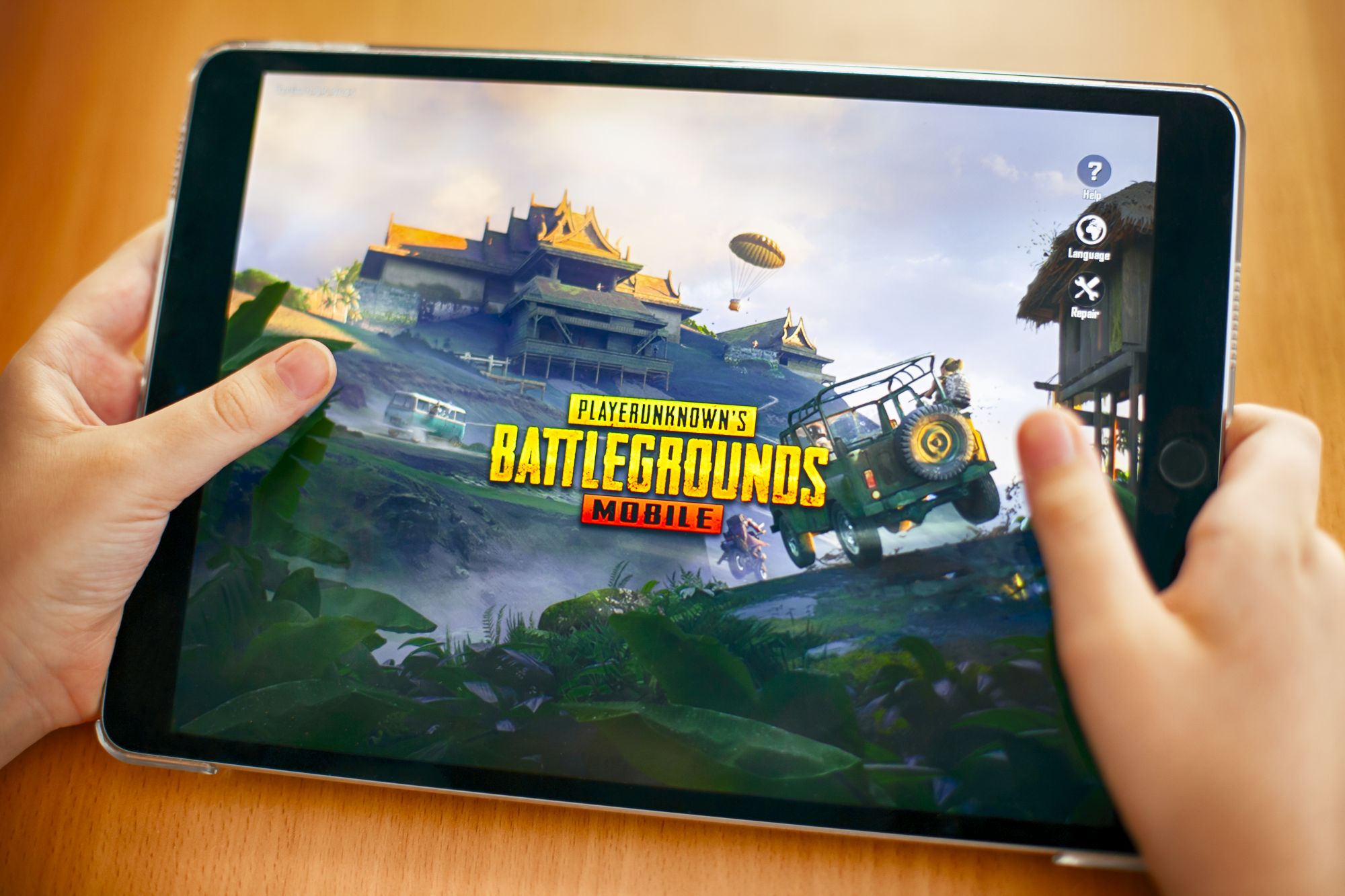The chatter around a handheld Xbox is heating up once more. Industry insiders have been referring to the upcoming ASUS-built device as Project Kennan, signaling Microsoft’s renewed push into portable gaming with a Windows-based handheld. Officially branded as the ROG Xbox Ally and its premium counterpart, the Ally X, this device is expected to launch during the 2025 holidays.
According to official reports, ASUS and Microsoft have partnered to deliver what effectively becomes a handheld gaming PC with Xbox aesthetics atop Windows 11. The base model, the ROG Xbox Ally, is powered by the AMD Ryzen Z2 A chipset with 16GB of RAM and a 512GB SSD, while the premium Ally X steps up with a Ryzen AI Z2 Extreme chip, 24GB of RAM, a 1TB SSD, and an 80Wh battery, delivering a desktop-grade gaming experience in a compact 7-inch form factor.
Gamers looking to enhance their experience may find Stake.us bonuses particularly useful, especially during its launch phase, when enticing rewards and perks are plentiful. Several sectors outside of traditional gaming, such as iGaming and online betting, are being targeted by handheld gaming platforms as they develop. Because of this crossover, users may easily take advantage of interactive gambling experiences, sports betting, and casino-style games from their mobile or portable devices.
One standout feature is that both models boot directly into a bespoke Xbox full-screen interface, bypassing the Windows desktop entirely to maximize performance, reduce RAM usage, and deliver a more console-like experience. Early leaks indicate that pre-orders might open during Gamescom 2025 (around 20 August), with pricing estimated at US $599 for the Ally and US $899 for the Ally X.
While this revival excites the hardcore gaming community with promises of Xbox games on the go, Game Pass synchronization, and integrated access to Steam, Epic, and other storefronts, it also raises a crucial question: how does a premium handheld fare in a mobile gaming world increasingly dominated by smartphones?
In 2025, mobile games are expected to dominate global gaming revenue, a trend long supported by sustained industry growth and billions in consumer spending. Titles like Genshin Impact, Call of Duty: Mobile, and countless idle or hyper-casual games dominate app stores. Smartphones now offer rich gaming experiences with minimal barriers to entry; no console ecosystem, accessories, or carrying cases required. Monthly user retention in mobile gaming vastly exceeds that of any niche handheld device.
In contrast, the market for gaming handhelds remains more specialized. Valve’s Steam Deck had sold around 4 million units by early 2025, capturing the PC-handheld niche but remaining secondary in scale to mobile games. According to Sensor Tower’s ‘State of Mobile Gaming 2025’ report, mobile gaming continues to exhibit strong growth, with in-app purchase revenue increasing by 4% in 2024 and an 8% rise in time spent per user, underscoring its dominant position in the gaming industry. Meanwhile, the upcoming Lenovo Legion Go 2, with its 8.8-inch OLED screen, detachable controllers, and premium specs, including up to 32GB of RAM and Windows support, is set to debut around September 2025 at approximately US $1,000.
The ROG Xbox Ally family, while promising from a specs and branding perspective, faces inherent challenges. First is price sensitivity: at $599–899, these devices target enthusiasts rather than casual mobile gamers. This price point sets a high barrier compared to free-to-play titles on smartphones. Additionally, the trade-offs in battery life and portability could affect comfort during long gaming sessions. Mobile gaming thrives on convenience, offering a variety of games and massive daily engagement that handheld devices struggle to match.
Ultimately, the handheld Xbox revival may attract committed gamers, especially those already entrenched in Xbox and PC ecosystems. The appeal of an Xbox experience on the go is strong for fans who value seamless gaming across platforms. However, in user volume and cultural impact, mobile gaming remains the undeniable leader of 2025. It’s a strong competitor in the gaming sector because of its unrivaled accessibility and convenience.










![[Rumor] Chrono Trigger remake or remaster could already be in development](https://vgleaks.com/wp-content/uploads/2026/02/chrono-trigger-150x150.jpg)


